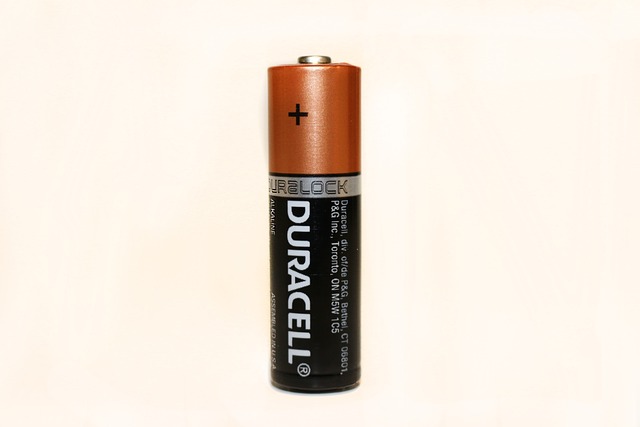Understanding the factors that lead to battery corrosion.
Understanding the factors that lead to battery corrosion is crucial for maintaining the performance and longevity of batteries. Battery corrosion refers to the build-up of a whitish-greenish substance on the metal terminals of batteries, which can hinder the flow of electricity and lead to decreased battery life. By having a proper understanding of these factors, users can take preventive measures to minimize or eliminate battery corrosion.
One of the primary factors leading to battery corrosion is the escape of electrolyte, which is a mixture of chemicals that enables the battery to generate electricity. When electrolyte leaks from the battery and comes into contact with the metal terminals, it can cause corrosion. Therefore, it is important to handle and store batteries properly to prevent leakage.
Furthermore, environmental factors play a significant role in battery corrosion. Exposure to high humidity or moisture can accelerate corrosion, as moisture reacts with the chemicals in the battery, leading to the formation of corrosive substances. Similarly, extreme temperatures, especially high heat, can cause the electrolyte to evaporate and increase the likelihood of corrosion.
Another factor that contributes to battery corrosion is the presence of impurities. Dust, dirt, and other contaminants can accumulate on the battery terminals, creating a barrier between the metal and the electrical connection, leading to corrosion. Regular cleaning of the terminals can help prevent the build-up of such impurities.
Additionally, the type of battery used can also influence the rate of corrosion. Batteries with a higher sulfuric acid concentration are more prone to corrosion. It is important to consider the specific requirements and recommendations of the battery manufacturer to prevent corrosion.
To prevent battery corrosion, it is essential to take appropriate measures. This includes keeping batteries in a dry and cool environment, cleaning the terminals regularly with a mixture of baking soda and water, using anti-corrosion sprays or washers, and ensuring that batteries are properly installed and connected.
Understanding and addressing the factors that lead to battery corrosion can help extend the life and improve the performance of batteries, ensuring their reliability for various applications, from portable electronics to vehicles and industrial equipment.
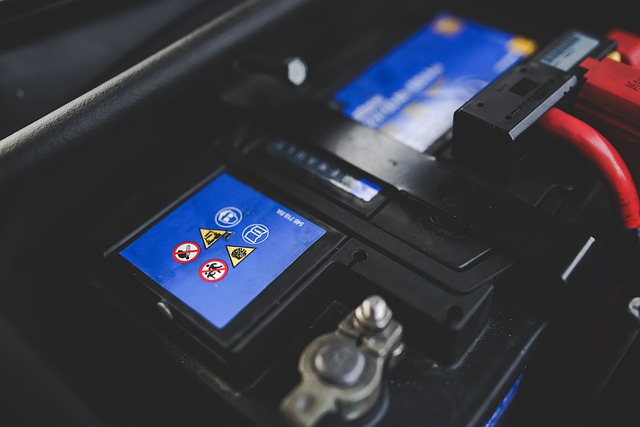
Identifying which types of batteries are more likely to corrode.
When it comes to batteries, one of the common problems that users may encounter is corrosion. Battery corrosion occurs when the chemicals inside the battery react with external factors, such as moisture or oxygen, leading to the formation of corrosive substances. Identifying which types of batteries are more likely to corrode can help users take precautions to prevent this issue.
1. Alkaline Batteries: Alkaline batteries are widely used in various electronic devices, such as remote controls, toys, and portable gadgets. However, they are more prone to corrosion due to their higher energy density and the presence of potassium hydroxide electrolyte. In humid or moist environments, the moisture can enter the battery through its seals, leading to corrosion.
2. Zinc-Carbon Batteries: These are common household batteries often found in smaller devices like clocks, flashlights, and radios. They are more likely to corrode due to the use of zinc as the negative electrode. When the battery is fully discharged and left inside the device for a long time, the zinc can react with the surrounding environment, leading to corrosion.
3. Nickel-Cadmium (Ni-Cd) Batteries: Ni-Cd batteries were once popular for their rechargeability, and they are still used in certain applications like power tools, cameras, and emergency backup systems. However, Ni-Cd batteries are prone to corrosion because they contain cadmium, which is highly reactive with moisture and air. If not properly maintained, they can suffer from leakage and corrosion.
4. Lead-Acid Batteries: These batteries are commonly used in automotive applications and backup power systems. While lead-acid batteries are known for their durability, they are also susceptible to corrosion. The sulfuric acid electrolyte used in these batteries can cause corrosion on the terminals and casing, especially if the battery is overcharged or exposed to harsh environments.
To minimize the risk of battery corrosion, it is important to store batteries in a cool and dry place, remove them from devices when not in use for extended periods, and clean the battery terminals regularly. Additionally, using high-quality batteries from trusted manufacturers can also reduce the likelihood of corrosion.
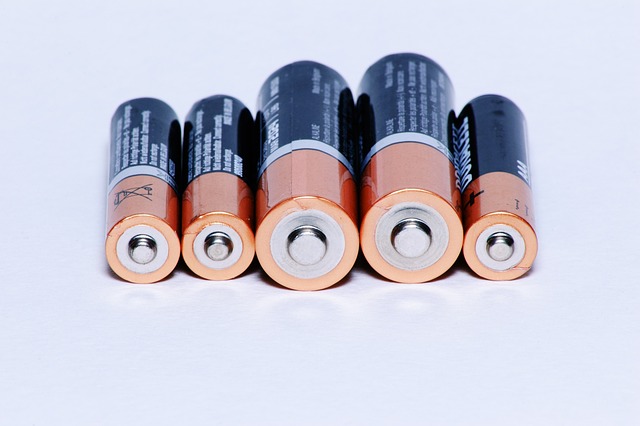
Exploring how environmental conditions can contribute to battery corrosion.
Exploring how environmental conditions can contribute to battery corrosion
Battery corrosion is a common problem that many people encounter when using batteries in various devices and applications. It occurs when a battery’s metal components react with the electrolyte, typically resulting in the build-up of metallic salts or oxides on the battery terminals and connectors. While battery corrosion can be caused by a variety of factors, environmental conditions play a significant role in exacerbating this issue.
One of the primary environmental conditions that contribute to battery corrosion is high humidity. Moisture in the air can seep into the battery compartment and create a conducive environment for corrosion to occur. The presence of water increases the likelihood of chemical reactions between the battery’s metal components, leading to the formation of corrosive substances that can corrode the battery terminals.
Another environmental factor that can contribute to battery corrosion is exposure to extremes of temperature. Both extremely hot and cold temperatures can accelerate the corrosion process. High temperatures can speed up the chemical reactions that cause corrosion, while low temperatures can cause condensation inside the battery compartment, which leads to the accumulation of moisture and subsequent corrosion.
Furthermore, exposure to corrosive gases, such as sulfur dioxide or hydrogen sulfide, can also worsen battery corrosion. These gases can be present in industrial or polluted environments and can react with the battery’s metal components, leading to accelerated corrosion.
To prevent battery corrosion, it is crucial to take steps to minimize exposure to these environmental conditions. For instance, storing batteries in a cool and dry place can help reduce the likelihood of moisture build-up and minimize the risk of corrosion. Additionally, using protective coatings, such as battery terminal sprays or corrosion-resistant coatings, can provide an extra barrier against environmental factors that contribute to corrosion.
In conclusion, understanding how environmental conditions contribute to battery corrosion is essential for prolonging the lifespan and efficiency of batteries. By mitigating exposure to high humidity, extreme temperatures, and corrosive gases, individuals can prevent the occurrence of battery corrosion and ensure optimal performance from their battery-powered devices.
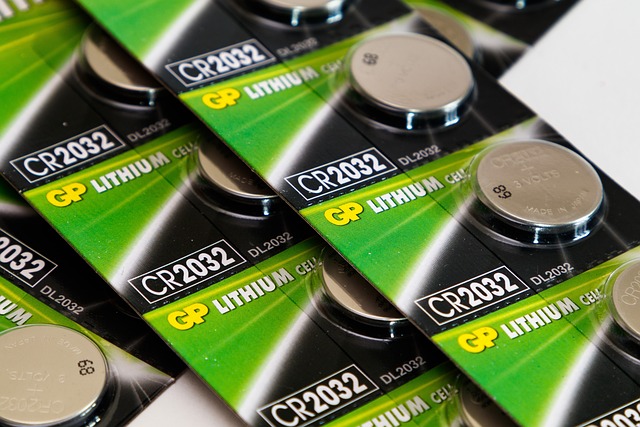
Tips for properly maintaining and caring for batteries to avoid corrosion.
Tips for Properly Maintaining and Caring for Batteries to Avoid Corrosion
Batteries are an essential component in many devices, from remote controls to flashlights, and they require proper maintenance and care to ensure optimal performance and longevity. One common issue that can affect batteries is corrosion, which occurs when the metal contacts on the battery come into contact with moisture or other contaminants. Corrosion can lead to poor electrical connections and reduced battery life. To avoid this problem and extend the lifespan of your batteries, follow these helpful tips:
1. Store batteries in a cool, dry place: Excessive heat and humidity can accelerate the corrosion process. To prevent this, keep your batteries in a cool and dry environment. Avoid storing them in areas prone to extreme temperatures, such as near heaters or in direct sunlight.
2. Remove batteries from unused devices: If you have devices that you won’t be using for an extended period, such as seasonal decorations or emergency flashlights, remove the batteries. This will help prevent any potential leakage or corrosion.
3. Inspect batteries regularly: Check your batteries for signs of leakage or corrosion on the metal contacts. If you notice any damage or buildup, clean it carefully with a cotton swab dipped in vinegar or lemon juice. Ensure the battery contacts are completely dry before reinserting them.
4. Replace old batteries: Over time, batteries lose their ability to hold a charge effectively. Replace old batteries promptly to avoid any leakage or corrosion issues. Consider using rechargeable batteries, which can reduce waste and save you money in the long run.
5. Use a battery tester: Invest in a battery tester to check the voltage of your batteries periodically. This will help you identify weak or worn-out batteries that need replacement before they cause any problems.
By following these simple yet effective maintenance tips, you can avoid corrosion issues and maximize the lifespan of your batteries. Proper care and maintenance will not only save you money but also ensure that your devices continue to operate efficiently when you need them most.
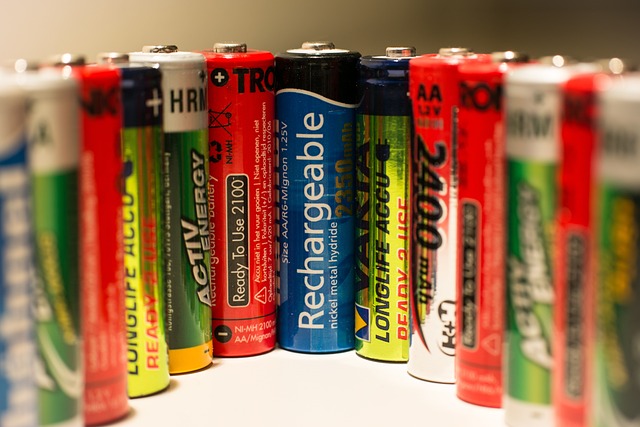
Common queries regarding battery corrosion and their answers.
Battery corrosion is a common issue that many people encounter with their devices or vehicles. It occurs when acidic substances build up on the battery terminals, resulting in a fuzzy, blue, or white powdery substance. If left untreated, battery corrosion can lead to poor electrical connections, decreased performance, and even battery failure. To help you address this problem, we have compiled answers to some common queries regarding battery corrosion.
1. What causes battery corrosion?
Battery corrosion is primarily caused by a chemical reaction between the battery’s sulfuric acid and the metal terminals. Factors such as high temperatures, overcharging, or a leaky battery can accelerate the corrosion process.
2. How can I prevent battery corrosion?
Preventing battery corrosion can be achieved by regularly cleaning the battery terminals with a mix of baking soda and water. Applying petroleum jelly or a battery terminal grease after cleaning can provide a protective coating that inhibits corrosion. Additionally, ensuring proper ventilation and avoiding overcharging can help prevent corrosion.
3. How do I clean battery corrosion?
To clean battery corrosion, start by disconnecting the battery terminals, ensuring your safety. Then, create a solution of baking soda and water and apply it to the corroded areas using a brush or an old toothbrush. Scrub away the corrosion gently until it is removed. Rinse the terminals with water and dry them thoroughly before reconnecting.
4. Can battery corrosion damage my device or vehicle?
Yes, if left untreated, battery corrosion can cause poor electrical connectivity, leading to difficulty starting your vehicle or powering your devices. It can also damage sensitive electronic components. Regular maintenance and addressing battery corrosion promptly can help prevent further damage.
5. When should I replace a corroded battery?
If the battery terminals are severely corroded or if cleaning does not improve the battery’s performance, it may be necessary to replace the battery. Consult with a professional if you are unsure about the extent of the damage.
Dealing with battery corrosion promptly and taking preventive measures can extend the lifespan of your battery and ensure optimal performance for your devices or vehicles. If you are uncertain or uncomfortable handling battery maintenance yourself, it is advisable to seek professional assistance.
